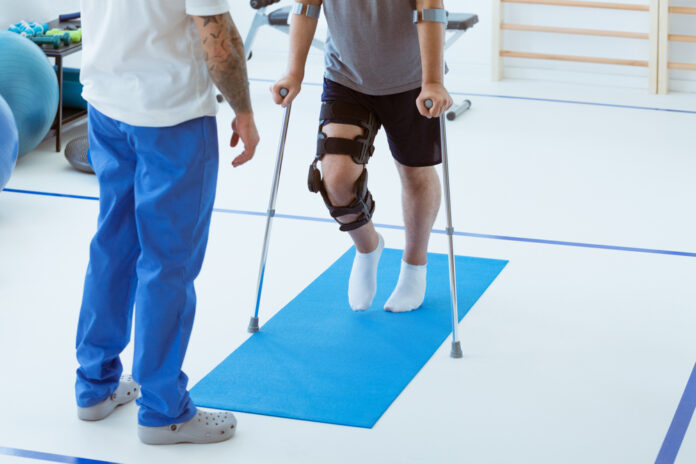
Injuries, whether they be from physical activity or an automobile accident, take a toll on all of us. The toll becomes even larger if we cannot carry out our normal day-to-day activities. Humans are social species. We enjoy getting out and hanging with our friends, walking through nature, or taking the family out to eat. When we can’t do these things, it seems as if something is missing.
As our recovery continues, we might feel depressed, frustrated, or even angry that we can’t do all the things we’re used to doing. Depending on the nature of our injury, our mental health may get worse before it gets better. Your treatment team may suggest you talk with a professional, possibly someone experienced in rehabilitation psychology.
How Can Rehabilitation Psychology Help?
These specialists can talk with you about your feelings regarding the injury and your current state of mind. If your injury is permanent, they can help you process your future and what changes need to be made.
In your sessions, they will work to increase your self-esteem and motivate you to work hard during physical therapy. They can also help you communicate how you’re feeling to your loved ones who might be concerned about you. If you need to make lifestyle changes, they can direct you toward finding the resources to effect those changes.
Strategies Used
Rehabilitation psychologists may use visualization to get you back on your feet and focused on getting better. This visualization technique encourages you to create a mental image of what you would like to be doing. You’re encouraged to use all your senses when conjuring the image. This exercise helps you feel more in control and gives you hope that your visions will come true.
Meditation is also used to help you work through injury. This practice teaches you to focus on your breath and release negative thoughts and frustrations. Some meditation techniques focus on pain, encouraging you to focus on sending breath and energy to the injured parts of your body.
A third technique used to assist you in recovering from an injury is the development of coping and problem-solving skills. Improving these skills helps you deal with the frustration and anger regarding the stop in activity. If you can learn to relax through meditation, you are more able to use your coping skills and stop catastrophic thinking before it begins.
Conclusion
Working through an injury can be incredibly difficult. Having psychological measures on your side can increase your ability to recover and hopefully recover more quickly. The skills you learn can also help you as you move past your injury. Many people use visualization and meditation daily, helping them stay on task.



















